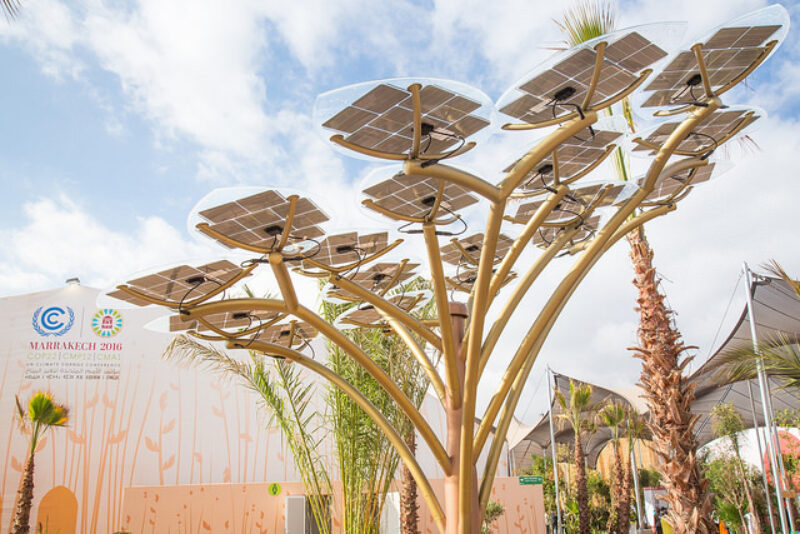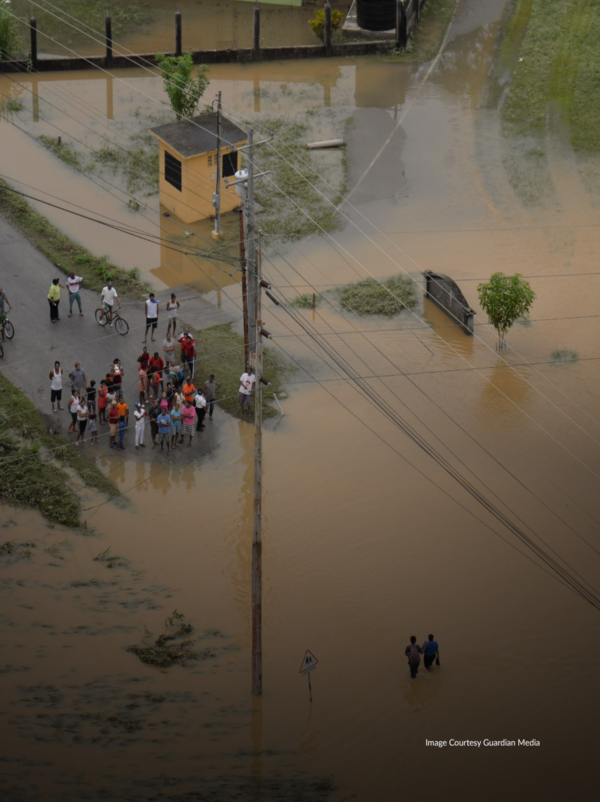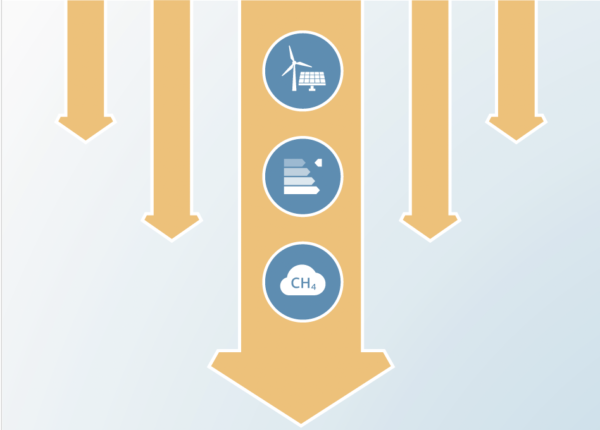
The swift entry into force of the Agreement in November 2016 demonstrated that governments have realised the utmost urgency of decarbonising the global economy by 2050 and holding the temperature increase to 1.5°C. It also was a great illustration of the political momentum leading into the implementation of this historic global treaty.
This has led us to sharpen our focus and advance progress in four key areas.
Global climate action
Our climate policy team‘s key priorities included analysing what governments need to do to meet the Paris Agreement long-term temperature goal and identifying concrete steps towards rapid decarbonisation that are needed now.
Our reports looked into timelines for phasing out coal out of the electricity sector globally and in the EU. The Climate Action Tracker, recognised as one of the most credible sources of information on national and global action on climate change, produced a number of briefings, which outlined what key sectors need to do in the short term to get the world onto a 1.5°C pathway.
We have also embarked on two Horizon 2020 projects (MAGIC and RIPPLES), which focus on the implications of the Paris Agreement for European societies.
Advancing scientific knowledge around the 1.5°C temperature limit
Our scientists published in major journals work on presently available low emission pathways that could achieve 1.5˚C and developing new models which could inform the IPCC special report on the 1.5°C limit.
Climate action in vulnerable countries
We have expanded our implementation team and projects to support vulnerable countries with implementing ambitious climate plans (Nationally Determined Contributions), ensuring strong synergies with sustainable development domestically.
Rules for implementing the Paris Agreement
We have continued to work with Small Island Developing States (SIDS) and Least Developed Countries (LDCs) at the UNFCCC negotiations for designing the rules for implementing the agreement.
To support these efforts, we have launched a major project, IMPACT, which aims to strengthen the connections between the scientific assessments of climate impacts, vulnerability and adaptation to help enable access to finance and help SIDS and LDCs implement concrete projects.
We have also undertaken two significant projects with a focus on Africa. One supports science-based national adaptation planning in Sub-Saharan Africa; another supports five countries in developing and implementing plans and investments for managing climate and disaster risks.
These are just some of the highlights of 2016. Download the report for full details of our publications, projects, experts, funders and partners and financial information.











